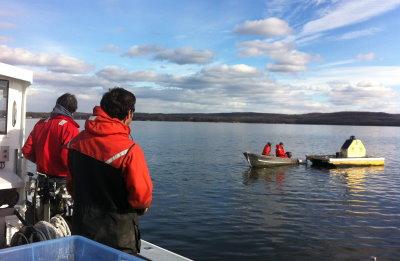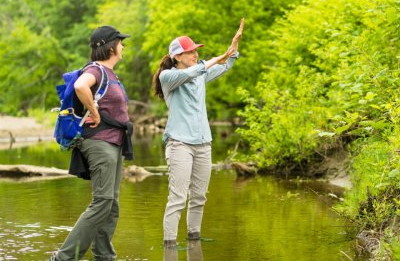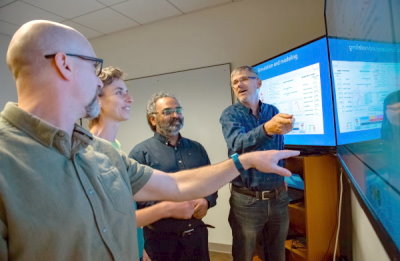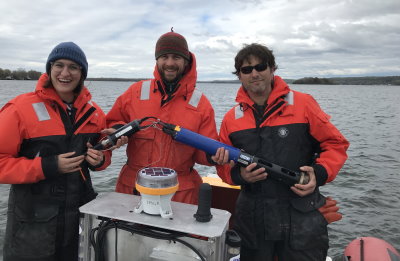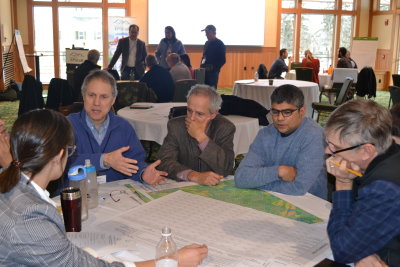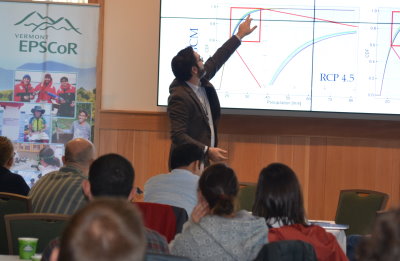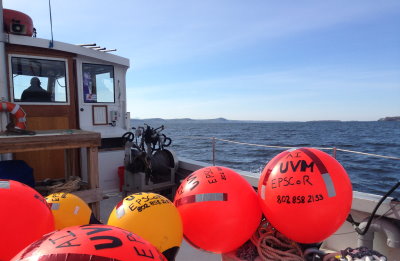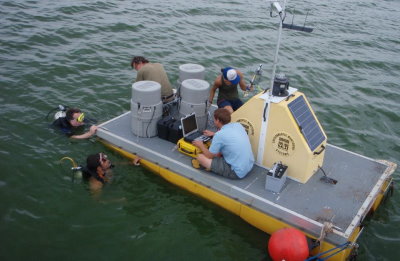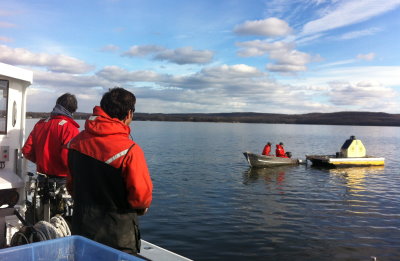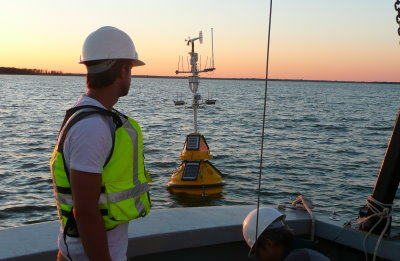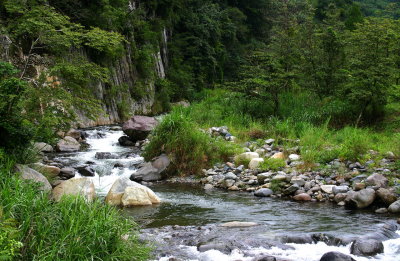.About CIROH
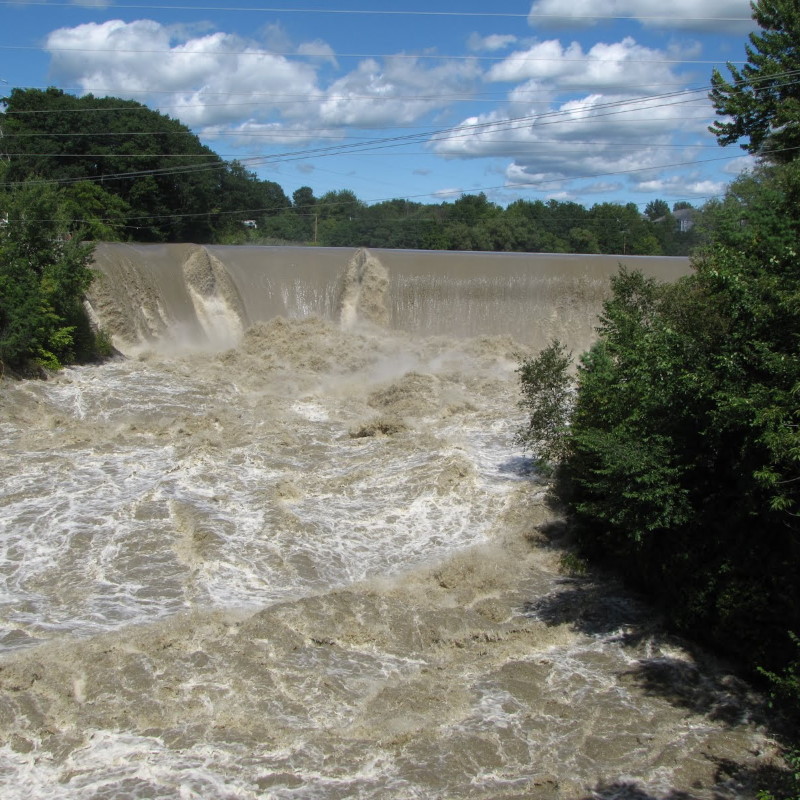

About CIROH @ UVM
CIROH works closely with the National Oceanic and Atmospheric Administration’s (NOAA) National Water Center and the U.S. Geological Survey Hydrologic Instrumentation Facility allowing for highly productive collaboration between CIROH’s cooperative members and other federal agency scientists.
Headquartered at the University of Alabama Water Institute (AWI), CIROH consists of academic institutions, non-profit organizations, and government and industry partners across the United States and Canada.
